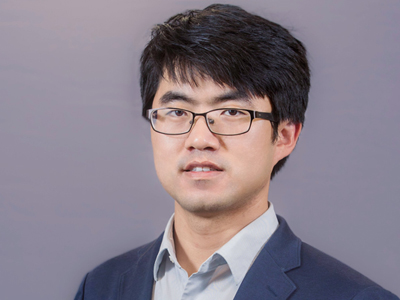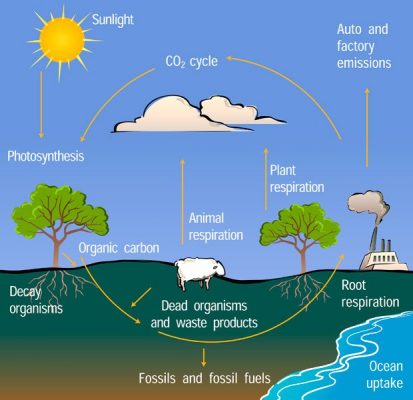The New York State Fair: Everything You Need to Know
Late August in Central New York not only means the return of students to the Syracuse University campus, but also the return of the New York State Fair. The fair is a 13-day festival of entertainment, agricultural exhibitions, cultural performances…



